Media releases
-
New alliance for European mountain regions
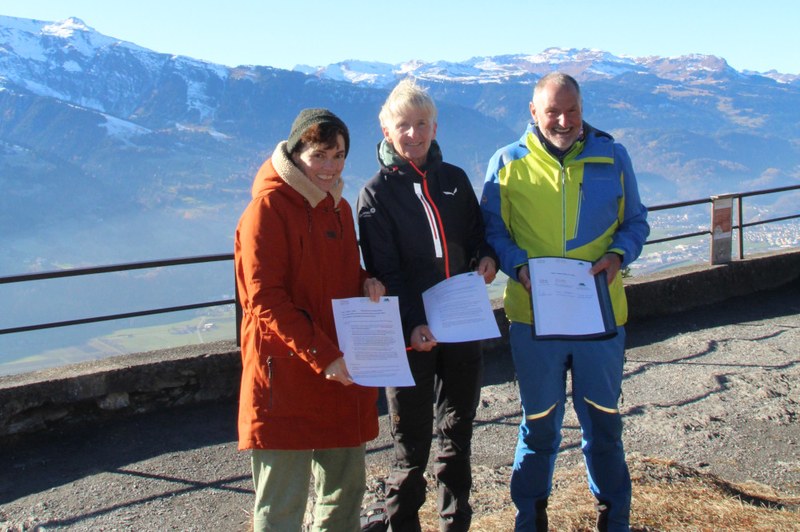
Global warming, excessive tourism and landscape degradation require the very highest degree of multifaceted solutions. Three umbrella organizations committed to mountaineering and sustainability in European mountain regions therefore decided, at the end of November 2021, to join forces: the Club Arc Alpin (CAA), the European Union of Mountaineering Associations (EUMA) and the International Commission for the Protection of the Alps (CIPRA).
-
Dutch-Alpine partnership for sustainable tourism
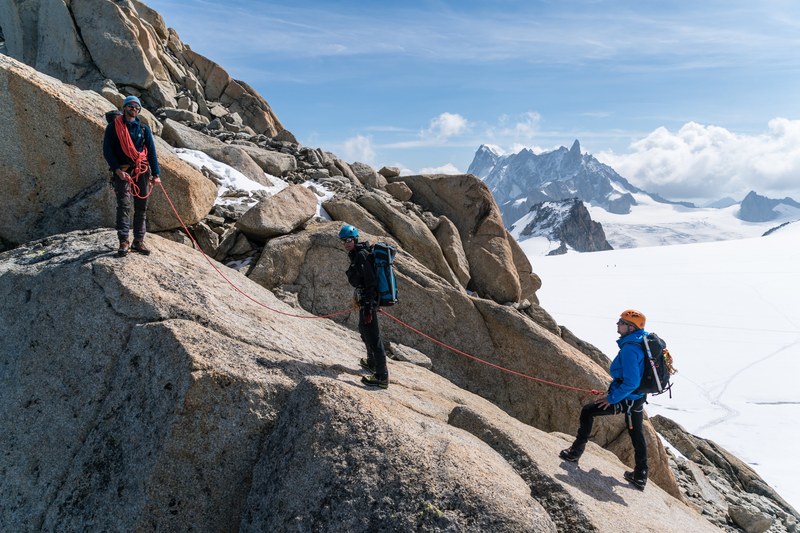
Since January 2021 the Dutch Climbing and Mountaineering Association (NKBV) is new supporting member of CIPRA International. Regarding the large impact of Dutch visitors, the aim of the partnership is to contribute to sustainability in Alpine tourism.
-
Freight transport belongs on the rails
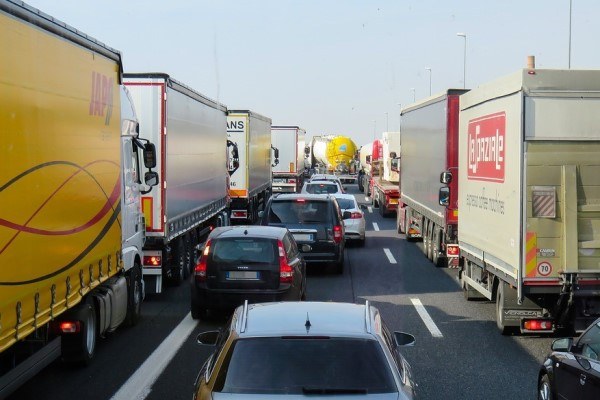
Agreement on the Eurovignette Directive must not be delayed any longer. CIPRA International and the "iMonitraf!" network are therefore calling for rapid agreement to ease the burden on humans and nature. The aim of the directive must be preserved: freight transport needs to be shifted to the railways.
-
Eurovignette Directive: Renewed postponement at the expense of climate protection and population
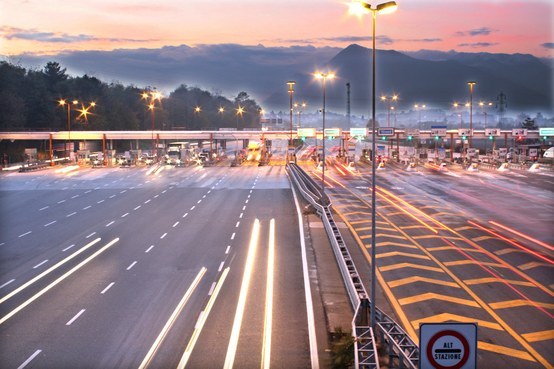
The treatment of the Eurovignette Directive by the transport ministers of the EU states is postponed until 28th of September. The International Commission for the Protection of the Alps (CIPRA) is worried about the renewed delay and fears the dilution of a central concern of the EU Commission and Parliament, at the expense of climate protection and the population living along the motorways.
-
Relieving the burden on transit-plagued Alpine regions
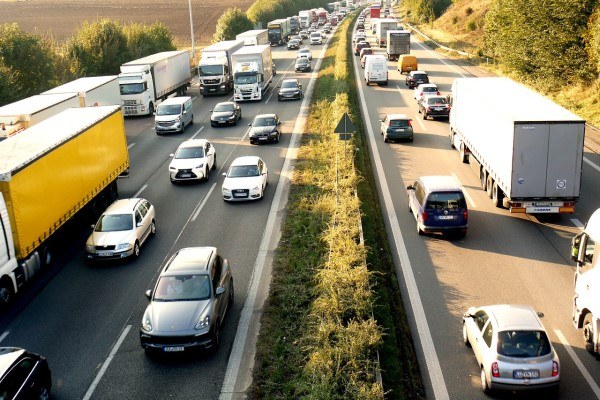
Representatives of the national transport ministries are currently discussing the strengthening of the infrastructure costs directive (Eurovignette Directive). Together with environmental organisations, CIPRA is calling for a substantial improvement in legislation to relieve the burden on the population in transit-stricken Alpine regions.
-
Youth Alpine Interrail: On track for 2020
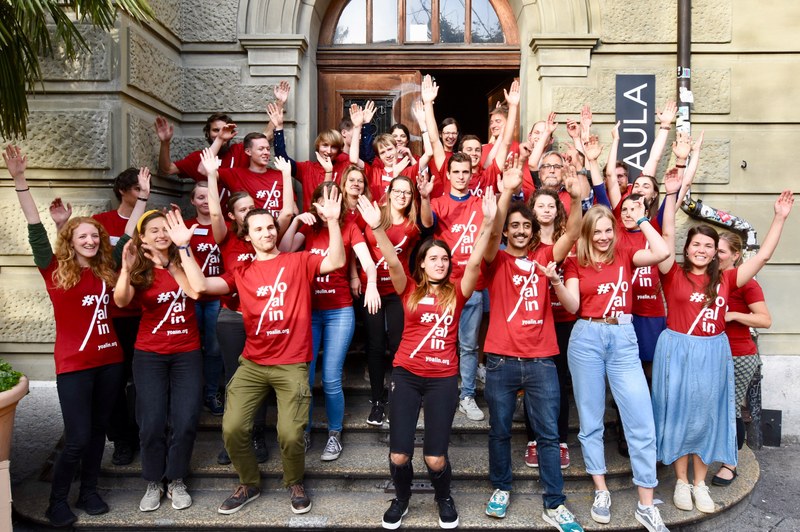
With CIPRA's «Youth Alpine Interrail» project, 100 young people travelled environmentally friendly through the Alps this summer. On 27 September 2019, the successful conclusion was celebrated in Bern/CH, where the travellers also worked together to develop demands for sustainable transport.
-
For visitors and for locals
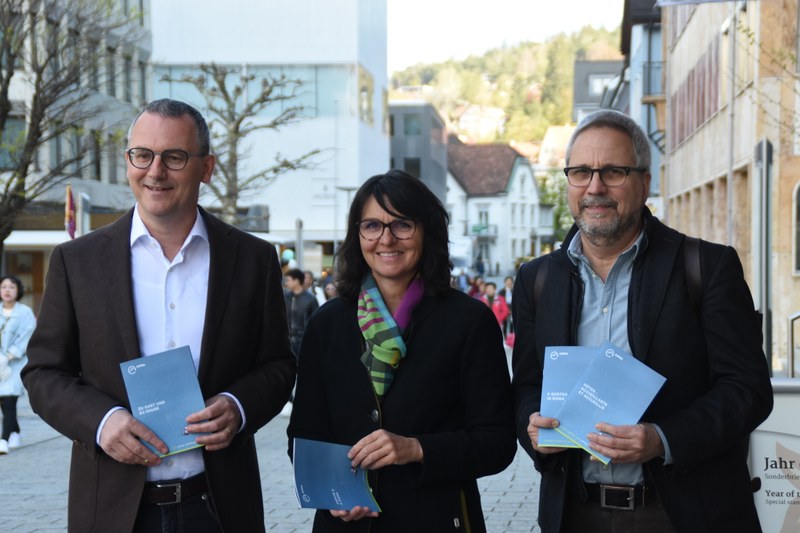
What is a good life in the Alps? How can tourism be reshaped? CIPRA International has dedicated its 2018 Annual Report to both local residents and visitors to the Alps and, under the motto “Visitors and residents”, has illustrated how tourism and quality of life can be compatible.
-
Youth participation is a must, not a nice extra
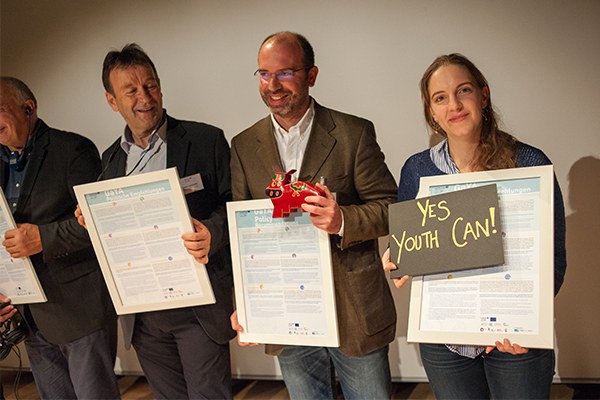
More youth participation in the Alps! This appeal went to the politicians of the Alpine countries at the conference on the GaYA project in Chambéry/F. The extent to which the topic moves was shown by the participation of numerous young people and representatives from politics and society throughout the Alps.
-
Recognising the importance of Alpine ecosystems
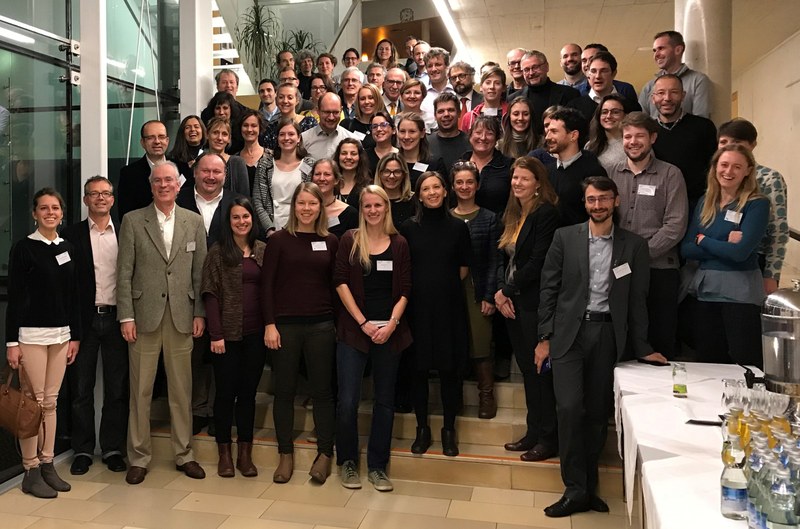
While one group has highlighted ecosystem performances, another has tested participatory approaches to river management: a total of 19 partners from six Alpine countries have for three years now been co-operating on two projects. They presented their findings on 21 and 22 November 2018 in Innsbruck, Austria.
-
Young ideas for the Alps!
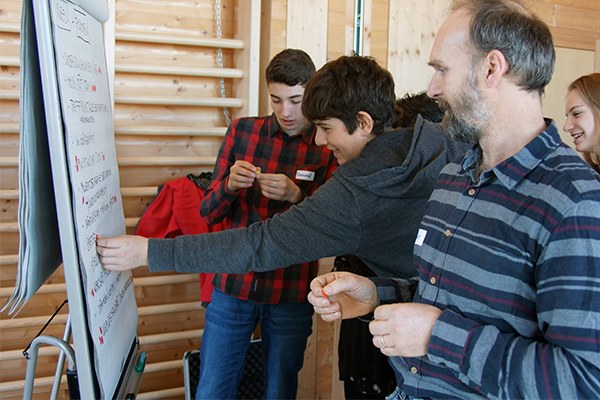
How can young people actively shape the future of the Alps? The GaYA Conference on 30 November 2018 in Chambéry/F focuses on youth participation and governance.

